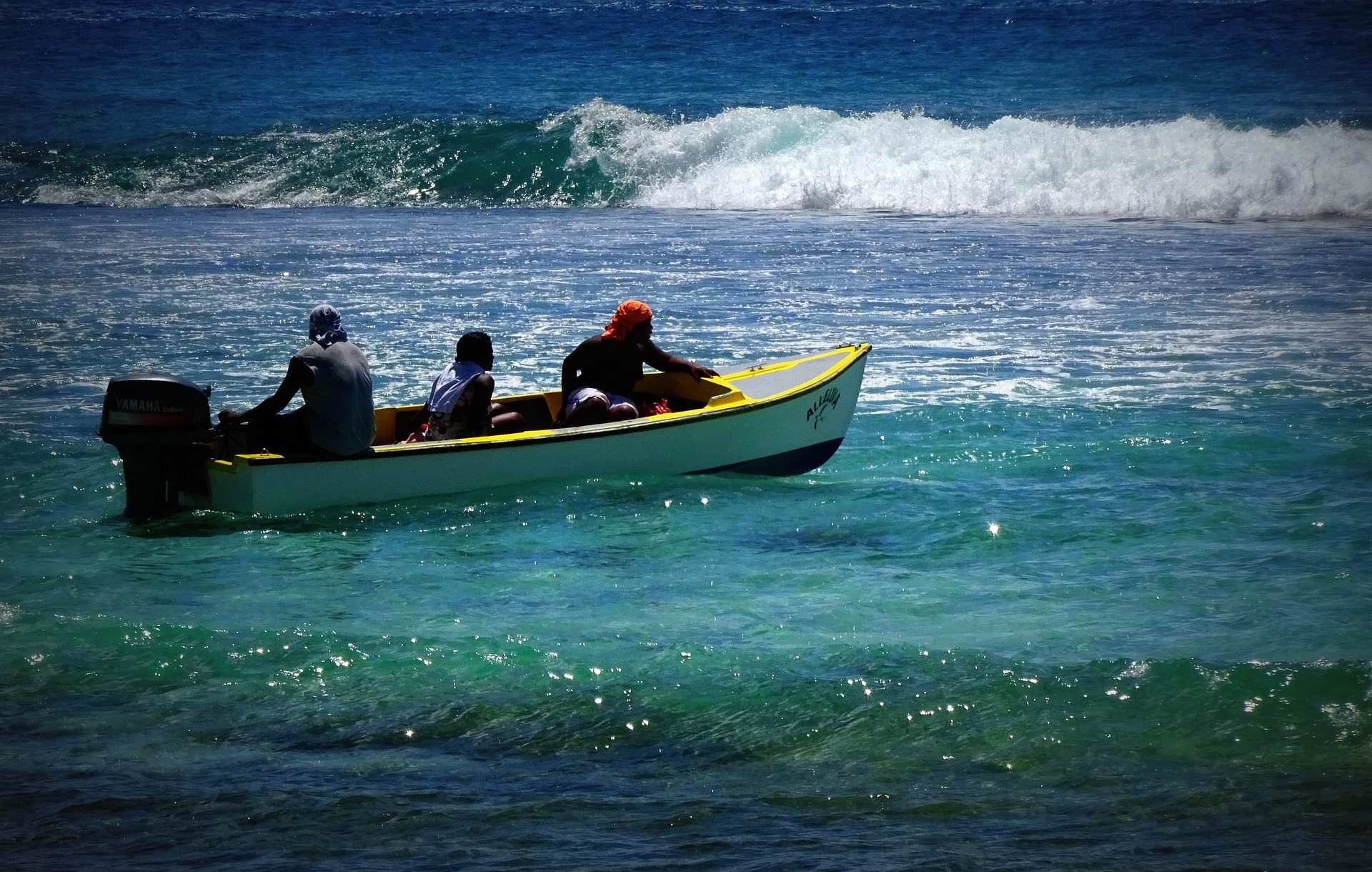World Oceans Day 2021: Transparency supports life and livelihoods in fisheries

Celebrated every year on June 8, World Oceans Day represents an opportunity to remind ourselves of the vital role the ocean plays in all our lives. This year, the international day is being commemorated under the theme ‘The Ocean: Life and Livelihoods’, in an effort to shine a light on how the ocean is our life source, nurturing and sustaining humanity.
This is no truer than in Seychelles, a small island developing state, where the role of the marine environment in everyday life cannot be understated. The ocean puts food on our plates, regulates the climate, and provides an important avenue for trade and commerce. The country’s current and future prosperity is inextricably tied to its marine and coastal assets, with fisheries and tourism the two main pillars of the economy.
However, the extent of the enormous social, economic, and cultural importance of fisheries to Seychelles is often underappreciated – despite the sector representing a key source of income, jobs, and foreign exchange for the country.
Did you know, for example, that there are 248 large-scale vessels authorised to fish in Seychelles’ waters? Or that Seychelles’ annual exports of fish and fish products in 2019 were valued at over R3.5 billion? What about the fact that the Indian Ocean Tuna (IOT) canning factory is the largest female employer in the country?
This information, and much more, forms part of Seychelles’ first ever report to the Fisheries Transparency Initiative (FiTI), launched on April 16 this year. The FiTI is a global initiative that has been headquartered in Seychelles since 2019. It provides countries, for the first time, with internationally recognised procedures to achieve and maintain high levels of transparency on the management of their marine fisheries sector.
Seychelles’ first FiTI Report offers a detailed overview of the local fisheries sector and assesses the extent to which fisheries information is published online by national authorities. It also makes available previously unpublished information, including foreign fishing access agreements between Seychelles and Mauritius, payment and catch data from large- and small-scale fishing vessels, as well as information on fishing subsidies. Such information is needed for governments to be able to function to their potential and succeed in ensuring that fishing and fish trade contribute to the needs of their citizens, while also conserving marine biodiversity for present and future generations.
Since its launch, the report – the first produced by any country in the world – has received widespread praise from foreign governments and international partners, including the World Bank, the Food and Agriculture Organisation of the United Nations (FAO) and the World Wildlife Fund (WWF).
As stated by Ambassador Peter Thompson, the UN secretary general’s special envoy for the Ocean, during the launch of Seychelles’ report, “transparency in the fisheries industry is absolutely essential if we are to attain the sustainability we seek”. Ambassador Thompson further noted that the submission of Seychelles’ report to FiTI is “a step in the right direction well worthy of global attention”.
However, the FiTI does not work exclusively with governments, but also seeks to bring together other stakeholders – from business and civil society to media and academia – with the aim of stimulating informed public debates around the fisheries sector. FiTI Reports offer an important means of raising levels of openness and public access to information, which in turn can support countries in maintaining or achieving robust democratic governance and accountability.
With Seychelles’ first FiTI Report out, it is now time for greater participation from the wider public. We all have a part to play in ensuring that fisheries continue to support Seychellois life and livelihoods for generations to come, and on this World Oceans Day, everyone interested in the well-being of Seychelles’ fisheries should take some time to read the report and start debating its contents.
By Will May, Regional Coordinator (Western Indian Ocean) of the FiTI International Secretariat